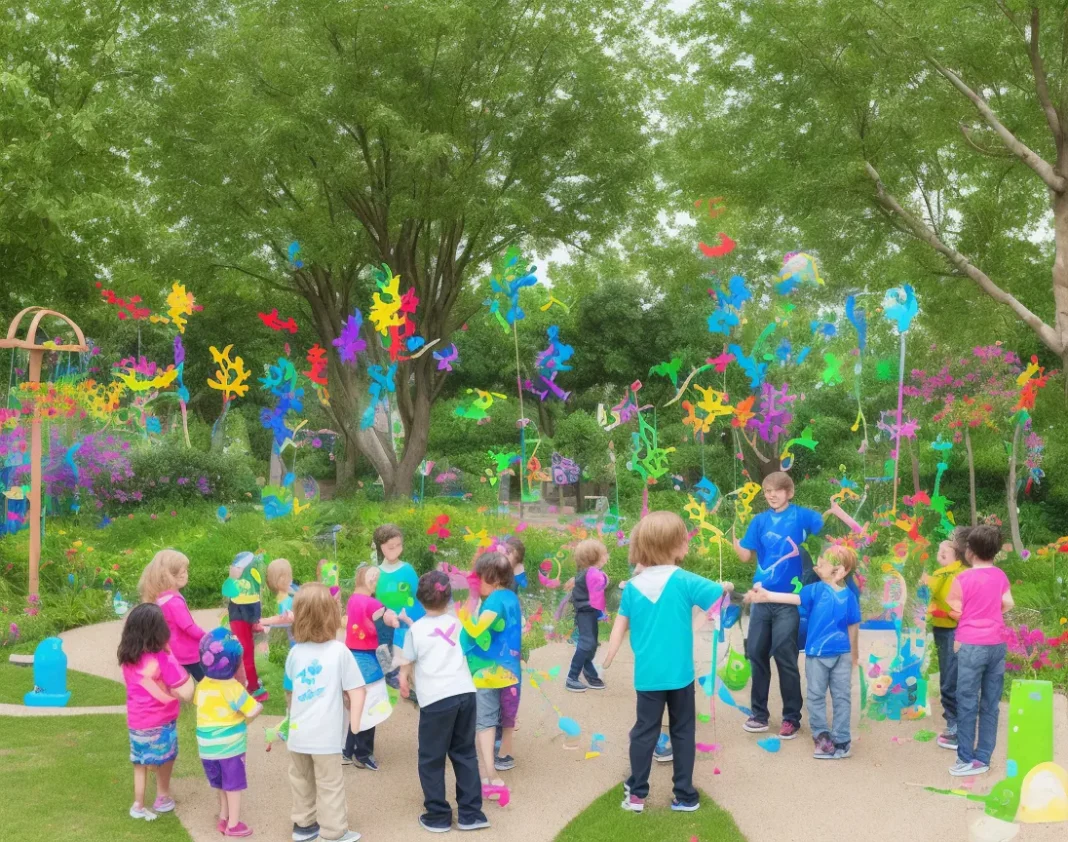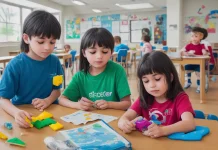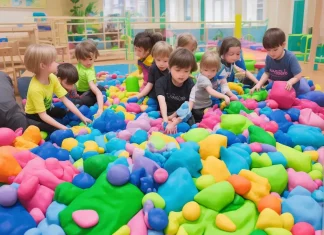Fostering Understanding and Acceptance
In a world where diversity should be celebrated, fostering autism awareness among children is paramount. As a parent, educator, or caregiver, you have a unique opportunity to introduce young minds to the beauty of differences and promote empathy and understanding. Let’s dive into some creative and engaging autism awareness activities that can light up the lives of children while nurturing acceptance and inclusion.
Understanding Autism Awareness Activities for Children
Before delving into the exciting world of autism awareness activities for children, let’s grasp the concept of what these activities entail. Autism awareness activities are designed to introduce children to the experiences of their peers on the autism spectrum, helping them understand and embrace differences. By participating in these activities, children can develop empathy, compassion, and a sense of inclusivity from a young age.
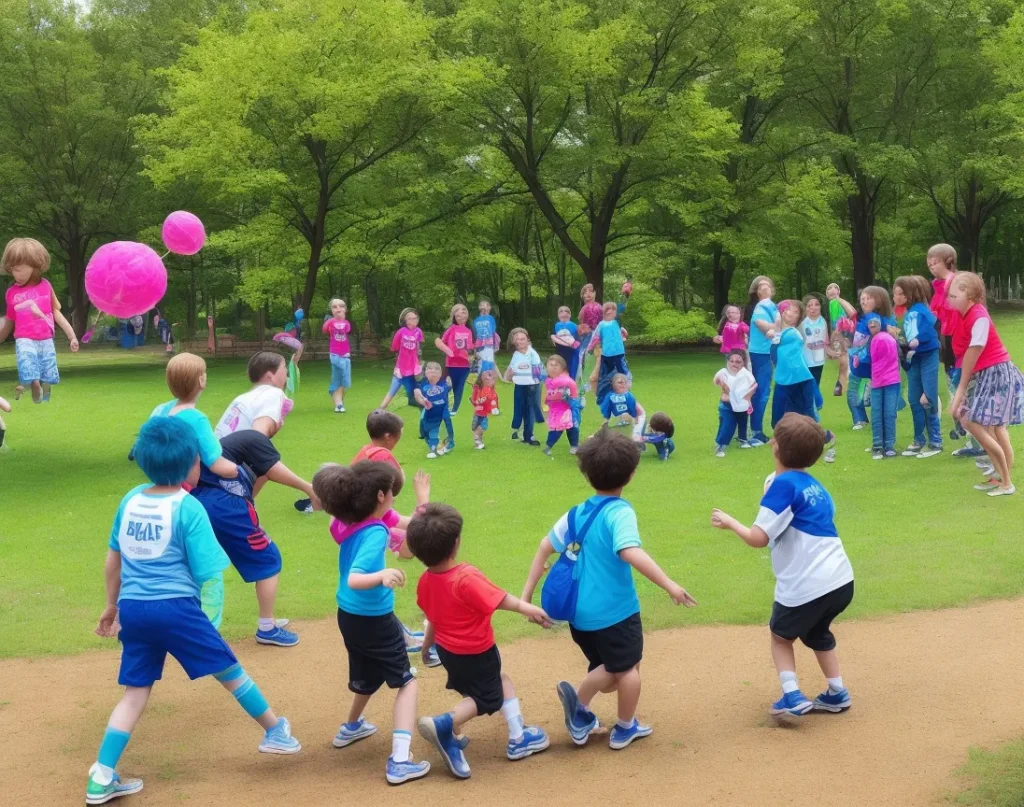
Activities at Home: Creating a Nurturing Environment
Sensory-friendly playtime
Children with autism often have unique sensory needs. Engage them in sensory-friendly playtime by offering various textures, lights, and sounds. This not only provides sensory stimulation but also encourages all children to explore their senses.
Storytelling sessions with a focus on emotions
Stories are a powerful tool for teaching emotions and empathy. Choose books that feature autistic characters and emotions they might experience. Discuss these emotions with the children and encourage them to share their feelings too.
Arts and crafts for self-expression
Art allows children to express themselves without words. Provide a variety of art materials and let them create freely. This not only fosters self-expression but also helps children appreciate diverse forms of communication.
Structured routines for comfort and learning
Autistic children often thrive in structured environments. Establish daily routines that include fun learning activities. The predictability of routines can be comforting and aid in their overall development.
Activities at School: Inclusivity in the Classroom
Inclusive classroom activities
Teachers can organize activities that encourage collaboration and teamwork, fostering an inclusive classroom. Pair autistic children with their peers for projects that highlight each individual’s strengths.
Peer interaction games and role-playing
Engage students in games that promote communication and understanding. Role-playing scenarios that depict autistic experiences can help children step into each other’s shoes and gain insight.
Incorporating autism awareness into lessons
Integrate autism awareness into various subjects. For instance, during history lessons, explore the lives of historical figures believed to be on the autism spectrum, creating teachable moments for empathy and respect.
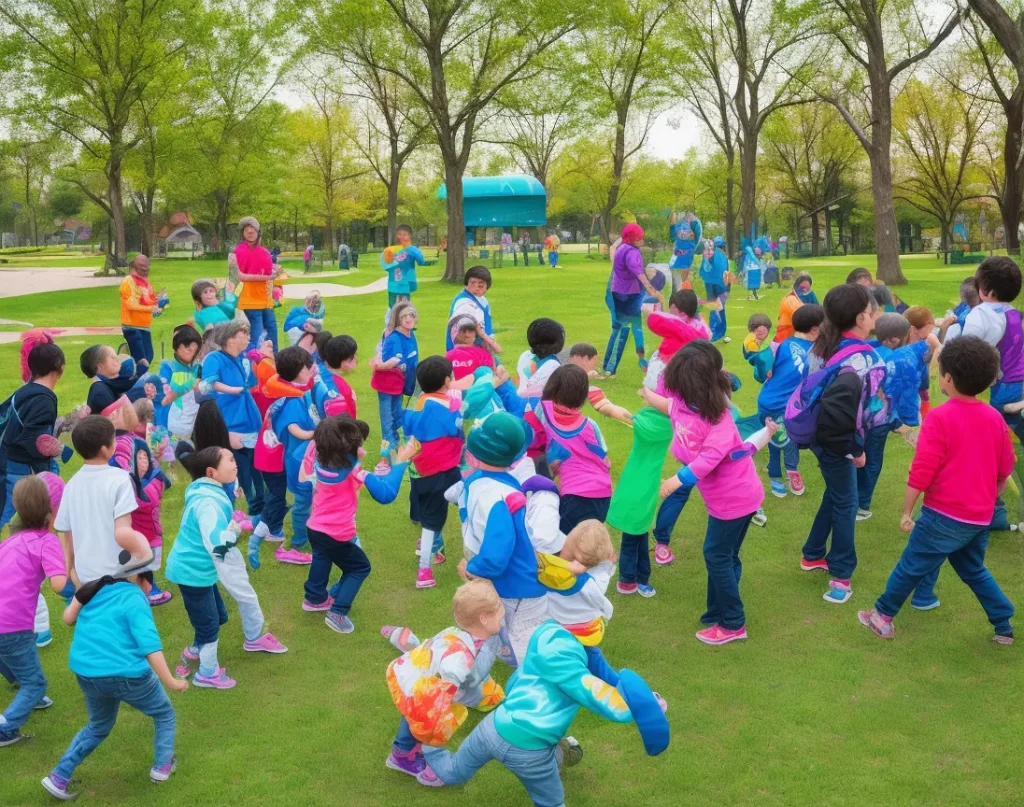
Community Involvement: Spreading Awareness Beyond the Classroom
Organizing awareness events for families and friends
Host events that bring families, friends, and the community together to learn about autism. These events can include workshops, talks by experts, and fun activities that promote understanding.
Collaborating with local businesses for awareness
Partner with local businesses to create autism awareness campaigns. Display informational posters, host donation drives, and engage the community in supporting autism awareness.
Partnering with schools for workshops
Collaborate with schools to conduct workshops that educate students about autism. These workshops can include interactive sessions and activities that highlight the importance of inclusivity.
Online Engagement: Reaching a Wider Audience
Creating engaging social media campaigns
Utilize the power of social media to reach a broader audience. Share informative posts, stories of autistic individuals, and engaging visuals to spark conversations about autism awareness.
Blogging about personal experiences
Start a blog where parents, educators, and individuals on the spectrum can share their experiences. Personal stories create connections and encourage open discussions.
Hosting webinars and virtual workshops
Virtual platforms offer opportunities to host webinars and workshops. Invite experts to share insights on autism awareness, and engage the audience through interactive sessions.
Promoting Acceptance: Nurturing Kindness and Understanding
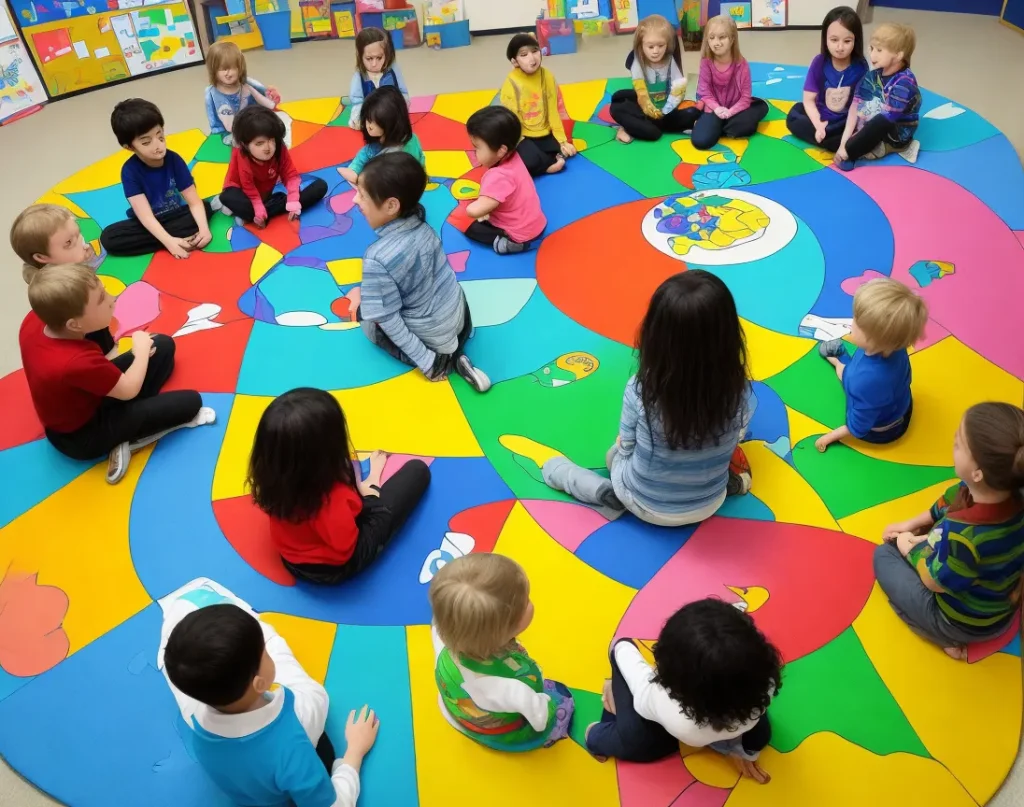
Fostering empathy and understanding
Teach children to be empathetic by discussing different perspectives. Encourage them to ask questions and listen actively to understand the experiences of their peers with autism.
Encouraging open conversations about autism
Create a safe space for children to ask questions about autism. Answer their inquiries honestly and in a way that they can comprehend, paving the way for open conversations.
Showcasing success stories and role models
Highlight the achievements of individuals on the autism spectrum. By showcasing success stories and role models, children can see the incredible potential in everyone, regardless of differences.
A Journey of Growth and Understanding
The journey of autism awareness Activities for Children is ongoing and evolving. By engaging children in these activities, we can plant the seeds of understanding, compassion, and acceptance. The impact of these activities extends beyond childhood, shaping future generations that embrace diversity.
FAQs: Answering Common Queries
Q1: What are some simple ways to explain autism to children? A: Use relatable analogies, like comparing autism to a unique puzzle piece that makes each person special.
Q2: How can parents collaborate with schools for autism awareness? A: Parents can suggest inclusive curriculum ideas, workshops, and guest speakers to schools.
Q3: What role does early awareness play in supporting autistic children? A: Early awareness helps create a supportive environment, reducing stigmatization and fostering understanding.
Q4: How can technology be leveraged for online autism awareness? A: Virtual workshops, social media campaigns, and informative websites can effectively raise awareness online.
Q5: What are some potential challenges in promoting autism awareness? A: Misconceptions, lack of resources, and cultural differences can present challenges, but education and empathy can overcome them.

